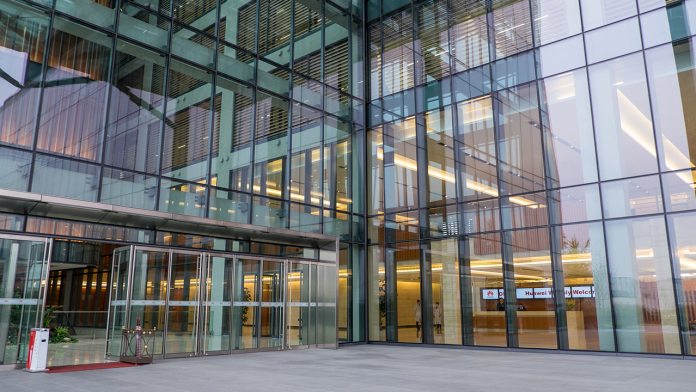More specifically, though, it won’t let Huawei pre-install Facebook, Instagram, or WhatsApp on its devices. Things should remain much the same for current users, who will still receive updates and will keep the apps. Arguably, then, this is a short-term positive for new consumers. They won’t have to put up with unwanted apps on their device and can instead install what they need. However, the future of Huawei’s phones is currently quite uncertain. With no access to Qualcomm chips and lack of Play Store access, the company could struggle to create devices. The company has its own Kirin chips, but they often don’t stack up favorably with Snapdragon. Meanwhile, Microsoft has remained somewhat quiet on its plans for Huawei. It refused to rule out cutting Windows 10 updates to laptops, but hasn’t announced plans to, either. Meanwhile, Intel won’t provide processors for those devices. The US alleges that Huawei is too closely linked to the Chinese government and could pose a risk to national security. As well as its phones, there are significant concerns about Huawei’s big role in 5G networking. While Facebook’s move is comparatively a small one, it could slow shipments further. According to Reuters, the ban applies to any Huawei phone that has not left the factory. Huawei will have to make changes quickly to accommodate the ban. Assumedly, users will still be able to install Facebook apps after they lose access to the Play Store. Though they won’t be able to access them via official channels, Android devices can install apk’s from non-verified sources.




